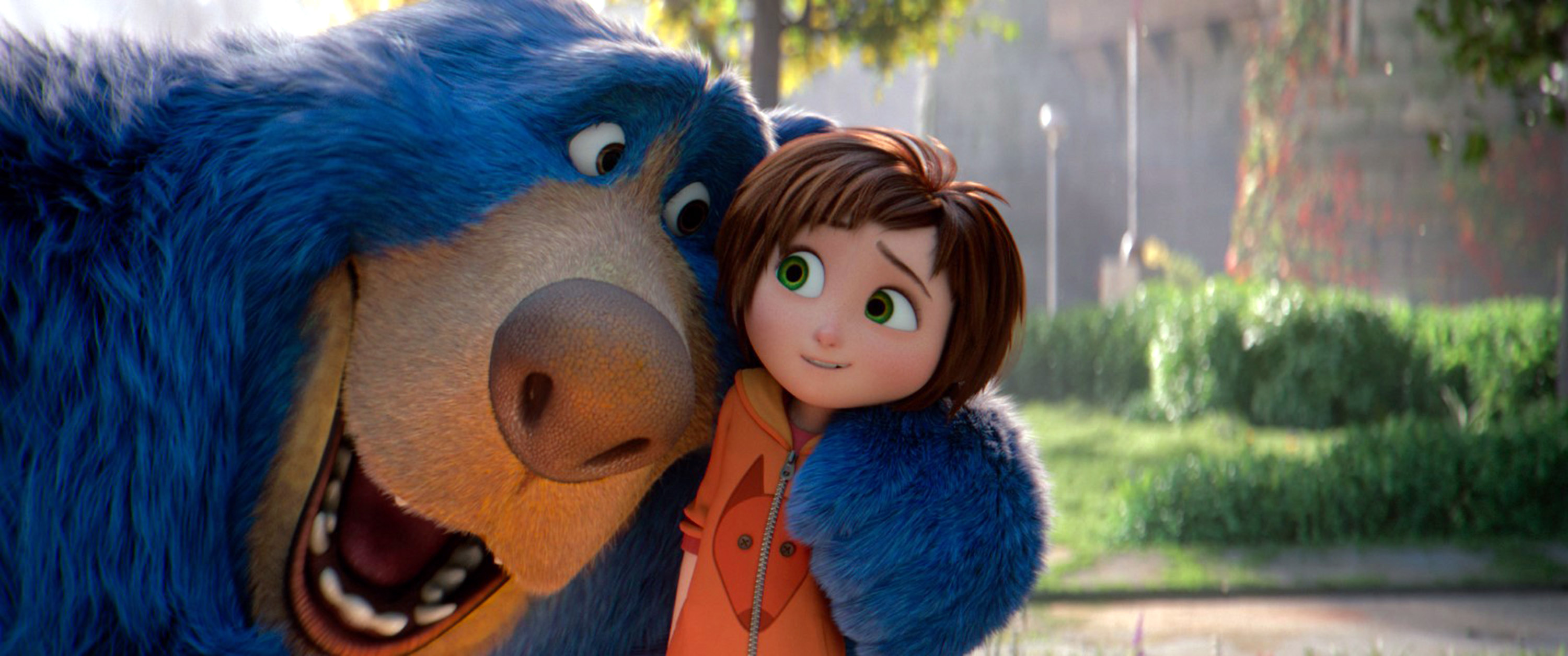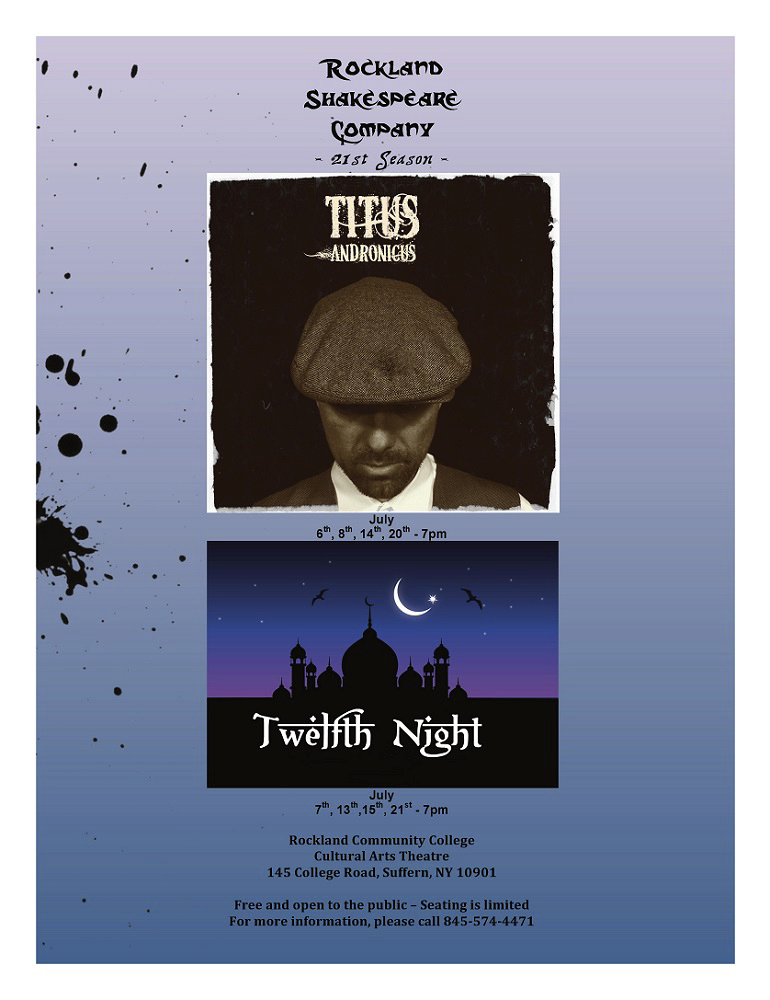By Owen Gleiberman
Variety (Special to Campus News; in agreement with TCA)
Why is “Wonder Park” called “Wonder Park”? The heart of the new digitally animated feature, a co-production of Paramount Animation and Nickelodeon Movies, is set in a spectacular fantasy amusement park, with train tracks shaped like a giant octopus’ tentacles, that’s nestled in a pastoral sunlit forest vista that looks like it could be the setting for Shangri-La. As much as any theme park in existence, it seems designed to fulfill any and every child’s dream. The name of the place? Wonderland. It’s possible that “Wonderland,” as a movie title, was seen as some sort of potential infringement upon the Lewis Carroll estate. But whatever the reason, the phrase “wonder park” is never uttered in the film, and that creates a slightly dislocated feeling.
So does the rest of the movie. It’s one of those kiddie features in which you can sense, in every scene, how hard the animators are working to please you. It’s as if they were saying, “Look at how catchy our concept is! A magical theme park! A little girl dealing with the trauma of her mother’s illness! And the park, which she imagined — yes, the whole thing is a projection of her creativity and loneliness — turning out to be a place that she has to repair, so that it can go on healing her.”
Watching “Wonder Park,” it’s hard not to see the tidy sentimental caution with which every scene has been assembled and polished. It’s also hard not to register the movie’s broad, if simplistic, conceptual resemblance to “Inside Out.” In this case, though, it’s tricky to know who exactly to hold responsible for the movie’s creative vision, since the director, Dylan Brown, was taken off the project in January 2018 after multiple accusations of sexual misconduct. “Wonder Park” is the rare film that’s being released without a directorial credit. Who knows how that affected its final shape, but to judge from what’s onsceen the filmmakers are working so hard to wow and charm and touch us that it’s as if they’d conned themselves into not noticing what a sweet trifle their movie is.
And it is sweet. The heroine, June (voiced by Brianna Denski), is a precocious girl with shiny big green eyes whose loving relationship with her mother (Jennifer Garner) gets played out in the theme park that they imagine together. All the rides and characters are things that June makes up. They’re part of a story she’s telling, and she has gathered them into a pop-up scrapbook. The film, through June, presents an idyllic vision of childhood, until June’s mother announces (rather abruptly) that she is ill — seemingly with cancer — and needs to go away for a while, leaving June with her nice eager bumbling dad (Matthew Broderick). The trauma of the situation hits June in a way she doesn’t even realize. All she knows is that the last thing she wants to do is to go to math camp, where she is being sent.
The animation in “Wonder Park” is never less than textured, sculptured, world-class. There is barely such a thing anymore as a mainstream animated feature that looks less than miraculous in its witty sensuality and tactile precision, and “Wonder Park,” in its blockbuster storybook way, has images that ravish the eyes. Wonderland itself isn’t just a place of wonder but a place of unearthly beauty, with a magic-hour glow, and the movie catches us up in the antic glory of rides like the Sky Flinger, a humongous spidery contraption that looks like a “War of the Worlds” alien as it hurls customers across the sky inside spheres of glass.
When the bus stops on the way to math camp, June runs off into the woods and winds up at Wonderland. It’s the very place she imagined, now come to life! Except that it’s a shell of itself: broken down, not working, abandoned by the crowds who are there in June’s fantasy life. The animal mascots who staff the place are beside themselves, and they’re played, in a standard energized comic style, by a lively range of performers, from Ken Hudson Campbell as Boomer the goofy bear to John Oliver as Steve the neurotically civilized porcupine to Mila Kunis as Greta the stern task-master of a warthog to Norbert Leo Butz as Peanut, the brilliant chimp who sort of runs the place (but when everything falls apart, it turns out that he’s literally locked himself into a chamber of self-doubt). The voices are vivid, but the lines are cuddly rather than witty; the dialogue doesn’t pop.
And the plot of the movie seems to have been put together by fiat. The park has a tribe of stuffed chimpanzees, the Wonder Chimps, who turn into chattering Chimpan-Zombies (that’s literally what they’re called), who run amok like villains. But all we can think about these monkey minions is that they seem like knockoffs of the Minions (with a lot less variety and chattering verve). The notion of a larger-than-life theme-park world as a projection of what June is going through comes directly out of “Inside Out,” but the comparison does “Wonder Park” no favors, because the earlier film was a masterpiece of bursting ingenuity, leaving this one to play like the scaled-down toddler version. On that score, it must be said that little kids will like “Wonder Park” just fine. But there’s a difference between a great escape and a winsomely crafted pacifier.






Facebook Comments